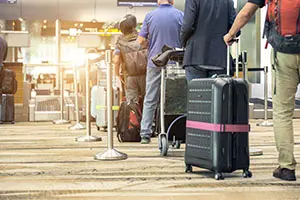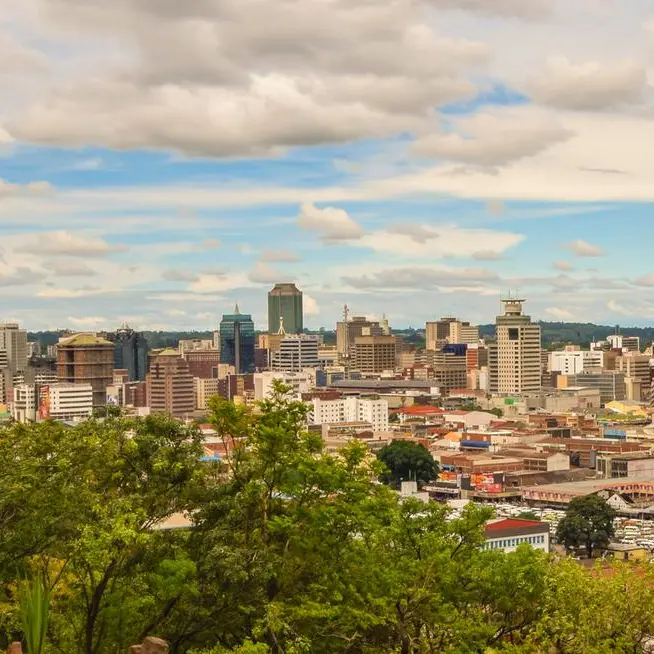PHOTO
The Middle East and Africa (MEA) region is expected to see over 100 million more air travellers this year compared to 2021, as global business and leisure travel has returned and surpassed pre-pandemic levels, according to a new report released by Mastercard Economics Institute.
The study, which looked at aggregated and anonymised flight booking data between January 1 and March 31, 2022, found that demand for travel is back after a turbulent two years. Business flight bookings have exceeded pre-pandemic levels for the first time, while leisure travel continued to exceed 2019 performance.
As of the end of April, overall flight bookings were 25 percent above the levels seen prior to the COVID-19 outbreak in 2019. If flight booking trends continue at their current pace, around 1.5 billion more people globally will fly in 2022 compared to the previous year, according to the report.
The Middle East and Africa region is likely to record 115 million more passengers this year, while Europe is forecast to log close to 550 million more flights.
Latin America and the Caribbean is expected to post an increase of 120 million flights compared to the previous year, while Asia Pacific and North America could see an additional 430 million and 365 million passengers, respectively.
“The desire to travel is strong and consumer and business demand for air travel, measured by flight bookings, accelerated meaningfully in early 2022,” Mastercard’s report said.
Over the next three months, roughly 21 percent of consumers are expected to book domestic flights, while 12 percent are likely to spend their money on international travel, according to Mastercard’s related study that polled 2,250 consumers across 13 markets.
The same study also found that more than half (54 percent) of respondents look forward to making big “make-up” trips after two years of little to no travel due to the pandemic.
Factors driving demand
Air travel demand has been driven by the recovery in the labour market, as well as by pandemic-fuelled excess savings and growth in asset prices, such as residential property.
“Strong recent hiring has meant that many people who faced unemployment in 2020 now have jobs, and the recovery is still underway. This translates to more people who can purchase plane tickets and have the budget for other discretionary spending,” Mastercard’s new report said.
“More employed people also means greater potential to travel for business for the first time in two years.”
Consumers have also become financially better off, particularly those who have settled their borrowings and other liabilities over the last two years.
“Higher-income consumers – those (more likely) to be traveling for leisure – are in a solid financial position driven by pandemic-fuelled excess savings and the rise in asset prices such as housing.”
(Reporting by Cleofe Maceda; editing by Brinda Darasha)





















